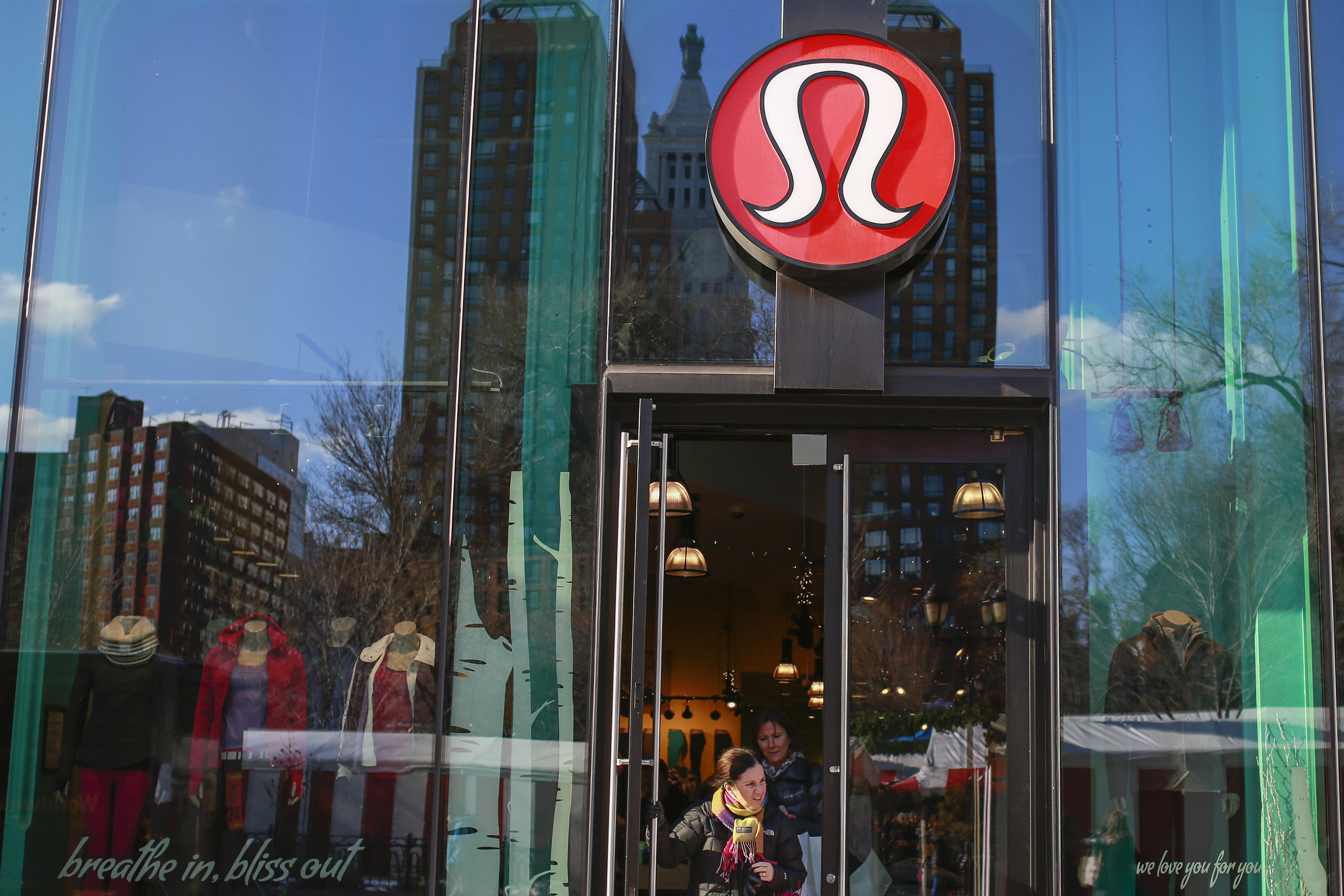Filed under: Did You Know, Finance
I'm going to let you in on a little secret.
Ready?
Some of the best ways to build wealth have little to do with the stock market.
"Um, honey, can you come in here a minute? A financial advisor just said that the stock market is a horrible way to invest!"
I didn't say that. But you read between the lines, didn't you? While the stock market is a pretty sweet tool when you have money to invest, there are some steps that come before investing money.
Like, say, having money in the first place! If you don't have money, you can't invest money.
Too many financial advisors are all about helping out their already wealthy clients. It's time that a financial advisor (yours truly) told you about how to build a firm financial foundation which will probably represent a huge chunk of your overall wealth over time.
So, let's do this thing. Here are some tips that most financial advisors won't tell you.
1. Get your education on track.
Really, your best money-making asset is you. And, unless you invest some time, energy, and/or money in your education, you probably won't be making much money over the course of your life.
College is a great way to train for certain jobs, but it's not always the best option. There are numerous online resources that can help you learn a new skill that's valuable in the marketplace. For example, check out
Udemy.com.
They have a bunch of online courses you can take, and they're usually much more affordable than anything you're going to find at a brick-and-mortar college. As you invest in your skill set, you'll find the confidence to seek out interesting, new jobs. And who knows, you just might be able to start your own business! Take calculated risks, says Grant Bledsoe, a
certified financial planner in Portland and founder of AboveTheCanopy.us.
Most people who become wealthy on their own do so because they're able to step outside their comfort zone. This might be starting a business, buying a rental property, or making a change in your career. If you can stomach the possibility of failure and keep your eyes open, the opportunities for
building wealth are endless."
2. Become an entrepreneur (or get a high-income job).
That leads me to my next point. Becoming an entrepreneur was one of the best decisions I ever made.
I've made well over one million dollars blogging (no joke), and I have a fantastic wealth management firm,
Alliance Wealth Management. It can really pay to become an entrepreneur. But, you have to know what you're doing. That brings us full circle back to the importance of getting an education.
But you know, I had a lot of help along the way. I was mentored by other financial professionals, and I sought out advice from those who knew what they were doing. Find a business or life coach to help you along! Remember: Investing money into a career or business will yield more wealth at a much faster rate than the stock market.
"Of course you need to have a plan to convert your income into wealth," says Aaron Hatch, fee-only financial planer and Co-Founder of
Woven Capital. If you make $1 million and spend $1 million, you'll never be truly wealthy."
3. Pay off all your debt.
When you pay off your debt, it's like a getting a guaranteed return on your investment. Seriously. If you don't have to pay 19% or whatever ridiculous percentage your credit cards are charging you for the privilege to borrow money, that's money you'll keep in your wallet instead of allowing it to go to the banks. Now, I'm not against credit cards.
There are some
great travel rewards credit cards out there, for example, and you should take advantage of them. But I am against overspending beyond your ability to pay off your credit cards every month. Don't go there. And when I say pay off all of your debt, pay off all of it. That includes your mortgage too.
Why pay interest, even for something like your house if you don't have to? Your career and education should help you earn enough money to
pay off your mortgage early.
4. Find contentment.
Are you buying a whole bunch of stuff you don't really need? If that's the case, maybe you're lacking in contentment. While budgeting can help you to save money, ultimately, you can justify too much spending in your budget if you don't have contentment to go alongside it.
"Ask yourself how would you increase your net-worth faster?, says Humphrey Thomas Certified Divorce Financial Analyst and Founder of
Thomas Divorce Advisors, LLC. Is it, by buying the biggest house you can afford with your given income? Or getting a smaller home thus smaller mortgage payment, but allow you to increase your contribution to your retirement account?"
Reducing the financial burden on the families reduces the changes on possible divorces.
Instead of focusing on what you don't have, focus on what you do have. What are you thankful for? Is it your family? Your house? Food on the table? There's so much to be thankful for.
When you subject yourself to advertising, you're doing yourself a disservice. Sure, some advertising is unavoidable, but the stuff you can avoid, do. Advertising is powerful and will make you think you need something you really don't. The whole purpose of marketing is to make you think that you need something - regardless of whether you really do or really don't.
5. Avoid stupid decisions.
People make some stupid decisions. And to think that we're immune from making stupid decisions would be simply wrong. Everyone makes stupid decisions from time to time. The goal is to make less of them.
If you get a chance, read my article on Forbes:
13 Financial Advisors Share The Worst Financial Mistakes They Have Ever Seen. These mistakes will have you scratching your head as to why people do such foolhardy things!
Taylor Schulte, a
San Diego financial planner and Founder of Define Financial offers, "We are our own worst enemy. We spend too much, save too little, buy high, sell low...the list goes on. The sooner you accept this, the sooner you can start putting the pieces in place to avoid making costly mistakes again in the future. The good news about most financial mistakes we make, is that they usually have to do with something that's within our control."
But you know what? They didn't just wake up one day and say to themselves, "I think I'm going to do something stupid today."
Well, at least I'd assume they didn't! If they did, that's a whole other problem altogether. You see, mistakes are made blindly. They don't know they're making them. And that's the very thing we have to be careful about when we're going through our day. It's important to practice some wisdom in everyday living. While it's good to get started on new projects, give them some thought first.
Ask yourself: "Does this new project or task have a high likelihood of success? What are the dangers? What are the rewards? Do I have enough time to dedicate to this?"
Financial advisors too often focus solely on the investing piece of their clients' financial world. Talk with a financial advisor who cares, and be sure to look out for yourself at the same time. You care the most about your money. "The key to helping a client find their financial "Zen" is by considering the bigger picture beyond financial matters." Says Ronn Yaish,
New Jersey Wealth advisor and Founder of Yaish Financial Services . Yaish learned this tenet from Eastern Medicine. "Instead of noticing a problem like a cold and putting out the fire by treating the symptom, Eastern Medicine tries to determine the source of the pain and then uses a rebalancing approach to bring a person back to wholeness."
This philosophy helps to de-compartmentalize the advisor's focus from just dealing with dollars and cents. Individuals want to develop a relationship with a financial advisor who cares and tries to understand their whole self. Having said that, even when working with well intentioned professionals, 'the store should not be left unattended', be sure stay involved; ask questions, make sure to understand what and why things are being done.
At the end of the day you should comfortable with the financial plan and the way it is being executed, since you care the most about your money.
RELATED: Watch how to be financially fearless
![5 Ways to Be Financially Fearless]()
Permalink | Email this | Linking Blogs | Comments
 Did you know: The last week of August can have the lowest prices for summer air travel?
Did you know: The last week of August can have the lowest prices for summer air travel? If you travel often, you've probably noticed that hotel prices are rising all over the world. But luckily there are a few insider tricks that can help you save on your next stay.
If you travel often, you've probably noticed that hotel prices are rising all over the world. But luckily there are a few insider tricks that can help you save on your next stay. Did you know: You can save on summer seafood if you avoid a few costly catches?
Did you know: You can save on summer seafood if you avoid a few costly catches? Did you know: You can cut your summer travel costs by cutting a little weight from your car?
Did you know: You can cut your summer travel costs by cutting a little weight from your car?
 Independence Day and summer BBQs go hand-in-hand, so it's no surprise that that the average American household spends nearly $70 on food and snacks during this time. Luckily, you can find some great food sales during the last week before the holiday! Here are a few good deals to check out.
Independence Day and summer BBQs go hand-in-hand, so it's no surprise that that the average American household spends nearly $70 on food and snacks during this time. Luckily, you can find some great food sales during the last week before the holiday! Here are a few good deals to check out.



 Did you know: When shopping for a grill this summer, the longer you wait, the more you'll save?
Did you know: When shopping for a grill this summer, the longer you wait, the more you'll save? Meet Jonesy and Brittany, a young Californian couple. This adventure-seeking twosome is planning to embark on the ultimate trip -- a two-month backpacking sojourn through South America -- next year, but there's one significant hitch. Thanks to their penchant for pricey weekend getaways, they can't seem to save up the $8,000 they estimate they'll need to make their dream vacation a reality.
Meet Jonesy and Brittany, a young Californian couple. This adventure-seeking twosome is planning to embark on the ultimate trip -- a two-month backpacking sojourn through South America -- next year, but there's one significant hitch. Thanks to their penchant for pricey weekend getaways, they can't seem to save up the $8,000 they estimate they'll need to make their dream vacation a reality. Summer's always a great time for a road trip, but with rising gas prices and the cost of other necessities, it can get expensive. Here are a few easy tips to help you plan your trip, and stretch your dollars.
Summer's always a great time for a road trip, but with rising gas prices and the cost of other necessities, it can get expensive. Here are a few easy tips to help you plan your trip, and stretch your dollars.
 Did you know: That "all-inclusive" vacation might not include as much as you think?
Did you know: That "all-inclusive" vacation might not include as much as you think?







